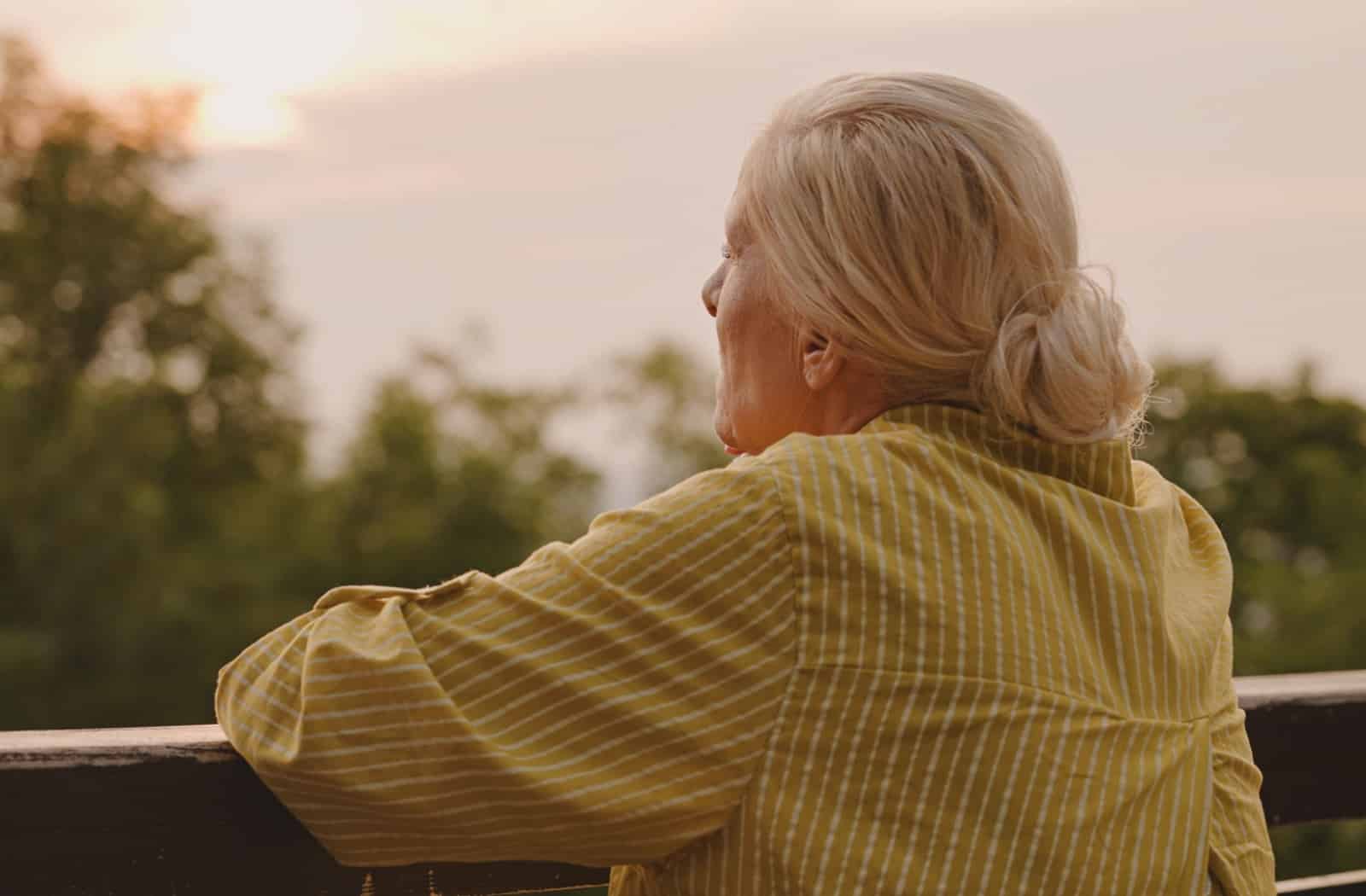Caring for a loved one with dementia is a profound responsibility that often comes with a complex mix of emotions and questions. One of the most pressing questions for caregivers and family members is whether it’s safe to leave a person with dementia alone.
The answer is not straightforward, as it depends on a variety of factors, including the stage of dementia and timing, the individual’s capabilities, and whether you’re willing to explore memory care. Here, we explore these considerations to help you make informed decisions about your loved one’s care.
Understanding Dementia and Its Stages
Before determining whether a person with dementia can be left alone, it’s essential to understand the condition itself. Dementia is a broad term that encompasses various cognitive impairments, affecting memory, reasoning, and social abilities. Alzheimer’s disease is the most common form of dementia.
Dementia progresses through stages, each marked by a decline in cognitive function:
- Early Stage: Individuals may experience mild memory loss and changes in thinking abilities, but they usually retain a level of independence.
- Middle Stage: Memory, reasoning, and judgment become increasingly impaired. People may start needing help with daily tasks.
- Late Stage: Individuals require extensive assistance with daily activities. Memory loss is significant, and recognition of family members may diminish.
Assessing Safety and Independence
When considering whether a person with dementia can be left alone, it’s crucial to evaluate their current stage and abilities. Here are key factors to consider:
Cognitive Abilities
Even in the early stages, dementia can impact an individual’s judgment and problem-solving skills. Ask yourself:
- Can they recognize emergencies and respond appropriately?
- Are they capable of using household appliances safely?
- Do they remember important details, like their address or phone number?
Emotional State
People with dementia may experience mood swings, confusion, or anxiety when left alone. Consider:
- Do they show signs of distress when you’re not around?
- Have they exhibited any wandering behavior?
Physical Health
Physical health also plays a role in determining if someone can be left alone. Evaluate:
- Are they prone to falls or other health risks?
- Can they manage their medications independently?
Environmental Safety
The home environment should be thoroughly assessed for risks. Take into account:
- Are there hazards like open flames, sharp objects, or stairs that might pose a risk?
- Is the home secure enough to prevent wandering?
Alternatives to Leaving Them Alone
If your assessment suggests it’s unsafe to leave your loved one alone, consider these alternatives:
Professional In-Home Care
Hiring a professional caregiver can provide peace of mind. They can assist with daily activities, provide companionship, and ensure safety.
Adult Daycare Services
Daycare centers offer structured activities and social interaction in a safe environment. They provide caregivers with respite, while ensuring that their loved ones are cared for.
Assisted Living Facilities
For those in the middle to late stages of dementia, an assisted living facility might be the best option. These communities provide round-the-clock care and supervision.
Community Support Programs
Many communities offer support groups, respite care, and resources for dementia caregivers. Engaging with these programs can provide valuable support.

The Importance of Regular Reevaluation
It’s crucial to regularly reassess the situation as dementia progresses, as the condition can significantly impact both the physical and mental capabilities of an individual. The level of care and supervision needed will inevitably change over time, requiring adjustments to ensure the best quality of life.
Regularly consult with healthcare professionals, such as neurologists, geriatricians, and specialized nurses, to ensure your loved one receives the appropriate care tailored to their current condition. This may involve modifying living arrangements, exploring new therapies, or adjusting medication regimens.
Staying informed and proactive in addressing these changes can make a substantial difference in managing the progression of dementia.
A Personal Decision
Deciding whether to leave a person with dementia alone is deeply personal and varies from family to family. It involves balancing the individual’s need for independence with their safety and well-being. While some individuals in the early stages may retain the ability to be left alone for short periods, others may require constant supervision.
Thinking About Pursuing Memory Care?
Ultimately, the safety and well-being of your loved one should be at the forefront of any decision. If you’re unsure or need additional support, consider reaching out to specialists who can offer guidance tailored to your situation.
At Holbrook Sugar Hill, we understand the challenges that come with caring for someone with dementia. Our community offers comprehensive care and support for individuals with cognitive impairments. To learn more about our services and see if we’re the right fit for your family, we invite you to book a tour by visiting this link.
Taking the first step towards finding the right care solution can be daunting, but you don’t have to do it alone. We’re here to help guide you through this important decision, ensuring your loved one receives the compassionate care they deserve.
